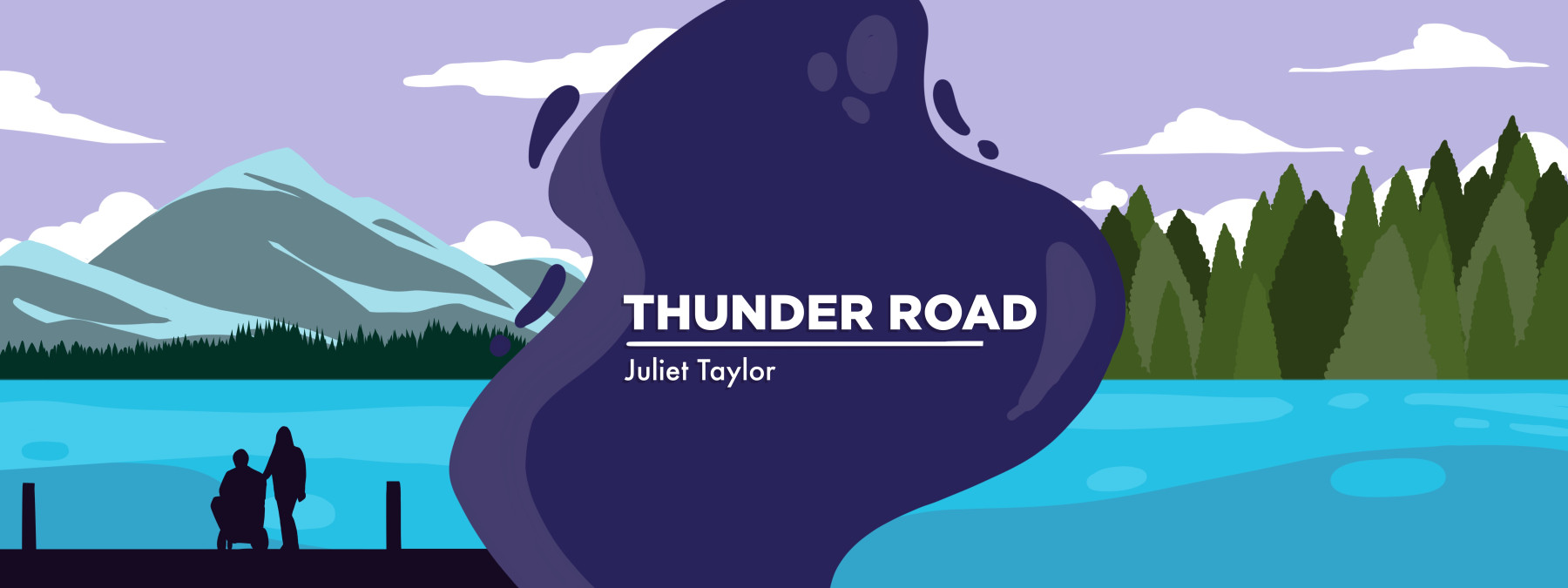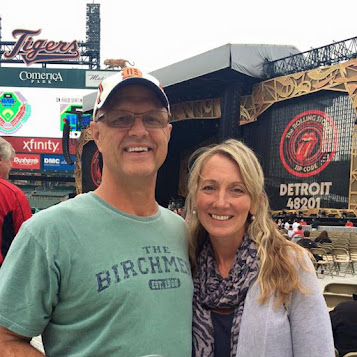How I learn to live from those we’ve lost to ALS
My husband is gone, but the things I loved about him don’t have to be

In the wake of ALS loss, certain touchstones bring comfort every time I think of them. This includes small things like funny photographs, private nicknames, and sentimental gifts. In grief, even a favorite old coffee mug can bring immeasurable joy. I have one additional beloved thing, too: a quotation I discovered early on in my grieving process.
When I read in an online ALS grief group to “be the things you loved most about the people who are gone,” I immediately recognized a glimmer of hope. I realized that losing my husband, Jeff, to ALS did not mean losing all of the things that I loved about him. While it didn’t dissipate my grief, it gave me something concrete to organize around when I was newly bereaved, and still does. Jeff is gone, but the things I loved about him don’t have to be.
This marked a new way of thinking.
These words, the insightful author of which is unknown, have guided me in many ways since Jeff died almost four years ago, an intense 19 months after his ALS diagnosis. The pain of losing him, coupled with an intense, exhausting journey in caregiving, left me casting about looking for ways to make sense of what we had gone through, and coming up short. I couldn’t find any meaning in why he had to endure what he did, and what it had cost him — what it had cost us.
In the ensuing months and years, thinking about “being the things I miss the most about him” has influenced me so much that I keep a separate task list on my phone to remind me to do, each day, some of the many things I loved about him. This list includes things I admired about and learned from Jeff that influenced me regarding how I want to live and what kind of person I want to be. Some of the entries include: Burn candles at home (safely). Feed the birds. Send thank-you notes. Make guacamole from scratch. (I haven’t learned that one yet but find comfort from knowing that I will.)

Jeff Sarnacki and Juliet Taylor attend a Rolling Stones concert in July 2015, before his ALS diagnosis. Juliet says she has Jeff to thank for her love of the Stones, which always remind her of him. (Courtesy of Juliet Taylor)
Jeff was sweetly and surprisingly domestic and created a beautiful, peaceful home for us, a place full of excellent cooking and warmth and good smells. He cherished the small things: making snowmen, tending to plants, throwing the ball for the dogs. I remember those moments vividly, and they’re woven into the texture of my memories of him. He brought that beauty to our life together, and left me with a blueprint to continue.
This notion of legacy, of leaving something tangible, is heavy on my mind right now as I learned about the loss of a friend to ALS last week. Adam Wilson and I never met in person, but we corresponded often when he was working to encourage Major League Baseball to adopt an annual Lou Gehrig Day each June to raise awareness about the disease and to honor those living with, and those who have died from, ALS.
Together with another friend, Bryan Galentine, and others, Adam’s efforts to create Lou Gehrig Day were sustained, tireless, and ultimately successful. It was an incredible thing to see it come together week after week, a very heady time in the community as we watched this small team of advocates succeed in building something enduring and meaningful to the ALS community. 2024 will mark the league’s third annual Lou Gehrig Day, an event now enjoyed by hundreds of thousands of people.
Adam was also a truly gifted musician, and enthusiastically gave me permission to use one of his original songs to accompany an ALS advocacy video that a group of us had created.
When I think about the attributes and gifts that our community can take from Adam — how we can be the things we loved the most about those who are gone — for me it’s his determination, passion, kindness, and creativity, all things that Adam showed every day, in ample supply, during the brief time that I knew him.
There’s little consolation in loss from ALS. It is currently 100% fatal, an unacceptable statistic that so many are working to change through science, medicine, raising awareness, and funding — any means possible. So many of us fervently wish for and work toward a day when ALS is effectively treatable and curable.
In the meantime, I do find consolation in encouraging myself to be the things I loved about the people who are gone — the small things like inside jokes, mannerisms, and habits, and the big things like building a life as beautiful and meaningful as possible, and creating something amazing for others to value and to make a difference in one’s community. It’s through these legacies that the rest of us, if we are open to it, can find meaning and a way forward in loss.
Note: ALS News Today is strictly a news and information website about the disease. It does not provide medical advice, diagnosis, or treatment. This content is not intended to be a substitute for professional medical advice, diagnosis, or treatment. Always seek the advice of your physician or other qualified health provider with any questions you may have regarding a medical condition. Never disregard professional medical advice or delay in seeking it because of something you have read on this website. The opinions expressed in this column are not those of ALS News Today or its parent company, Bionews, and are intended to spark discussion about issues pertaining to ALS.








Leave a comment
Fill in the required fields to post. Your email address will not be published.